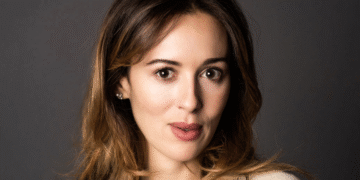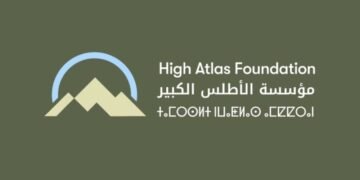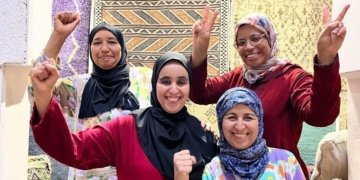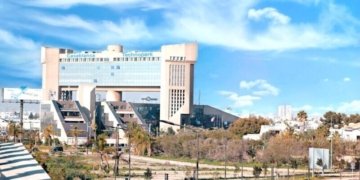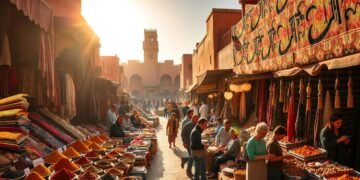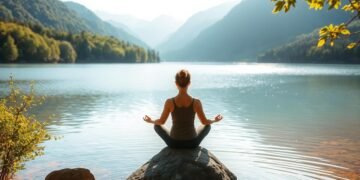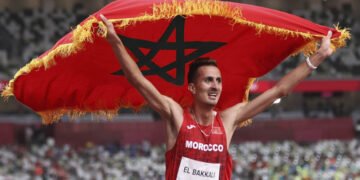Morocco is known for its vibrant culture, beautiful landscapes, and unique history. Its people are equally fascinating, with a rich blend of cultures and traditions that have evolved over centuries. Let’s take a closer look at the people of Morocco, their lifestyles, customs, and beliefs.
People of Morocco
Morocco is a melting pot of cultures, religions, and traditions. Its unique location, at the crossroads of Africa, Europe, and the Middle East, has played a significant role in shaping its people and their way of life.
From the Amazighs, the original inhabitants of Morocco, to the Arabs, the spread of Islam, the Jewish community, and the French colonial legacy, the people of Morocco have a fascinating history and heritage that is reflected in their customs, beliefs, and daily lives.
Geography and Demographics of Morocco
Morocco is a country located in North Africa, bordering the Atlantic Ocean and the Mediterranean Sea. It has a population of around 37 million people, with the majority residing in urban areas such as Casablanca, Rabat, and Marrakesh. The official languages are Arabic and Amazigh, but English and French are also widely spoken.
The Amazigh people
The Amazighs are the indigenous people of North Africa, with a history dating back thousands of years. In Morocco, they make up a significant portion of the population, and their influence can be seen in the country’s culture, language, and traditions. The Amazighs have a rich oral tradition, and their music and dance are an important part of Moroccan culture.
The Arab Influence
Islam was introduced to Morocco in the 7th century by Arab conquerors, and it has since become the dominant religion. The Arab influence is evident in Moroccan architecture, language, and customs. The call to prayer can be heard throughout the country, and mosques are an integral part of Moroccan life.
The Jewish Community in Morocco: A rich cultural heritage
Morocco has a long history of Jewish communities, dating back to Roman times. The Jewish people in Morocco have a rich cultural heritage, with their music, art, and cuisine being an important part of Moroccan culture. Although the Jewish population has decreased significantly over the years, there are still Jewish communities in Morocco today.
The French Legacy: The colonial past of Morocco
Morocco was a French protectorate from 1912 to 1956, and the French legacy is still visible in Moroccan society. French is still widely spoken, and many Moroccan institutions, such as schools and hospitals, were established during the French colonial period.
Moroccan cuisine: A fusion of flavors
Moroccan cuisine is a delicious fusion of flavors, with influences from Amazigh, Arab, Jewish, and French culinary traditions. Tagine, couscous, and Harira are some of the most famous Moroccan dishes. Mint tea is a popular drink, and Moroccan sweets are a treat for the taste buds.
Moroccan music and art: A vibrant expression of culture
Moroccan music and art are a vibrant expression of the country’s culture and history. Traditional music such as Gnawa and Andalusian music is still popular, while modern music has also gained a following. Moroccan art is characterized by intricate geometric patterns and vibrant colors.
Moroccan Festivals and Celebrations: A colorful spectacle
Morocco is known for its colorful festivals and celebrations, such as the Mawazine music festival and the Fes Festival of World Sacred Music. Ramadan, Eid al-Fitr, and Eid al-Adha are important religious festivals celebrated throughout the country.
Moroccan fashion: A blend of tradition and Modernity
Moroccan fashion is a blend of traditional clothing such as djellabas and caftans, and modern fashion trends. Moroccan fashion designers have gained international recognition, and fashion shows are held regularly in major cities such as Casablanca and Marrakesh.
Tourism in Morocco: An experience like no other
Morocco’s rich culture, beautiful landscapes, and historical landmarks make it a popular tourist destination. Tourists can explore the colorful markets, visit the ancient cities of Fez and Marrakesh, and take a camel ride in the Sahara desert.
Last but not least
The people of Morocco are a fascinating blend of cultures and traditions, with a rich history and heritage that is reflected in their customs and way of life. From the Amazighs to the Arabs, the Jewish community, and the French colonial legacy, Morocco’s diverse cultural influences make it a unique and vibrant country.


